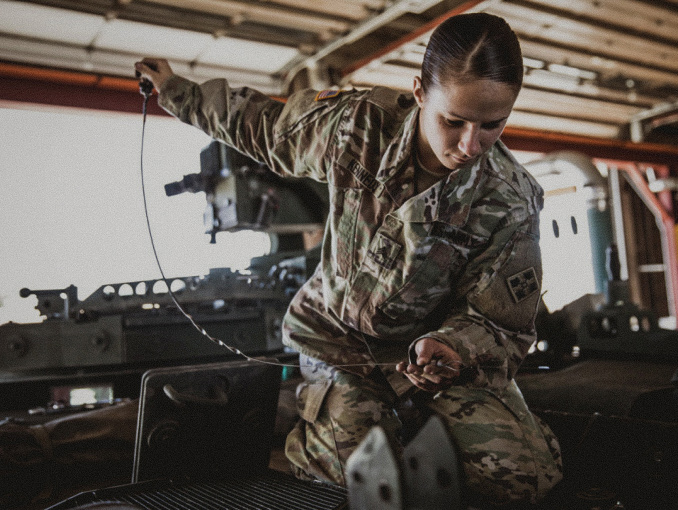Bonuses when you join
Bonuses are a great way for Soldiers to increase their pay. There are a variety of opportunities including Quick Ship Bonus for reporting to Basic Training within 30 days of enlistment, as well as different job-specific enlistment bonuses.

